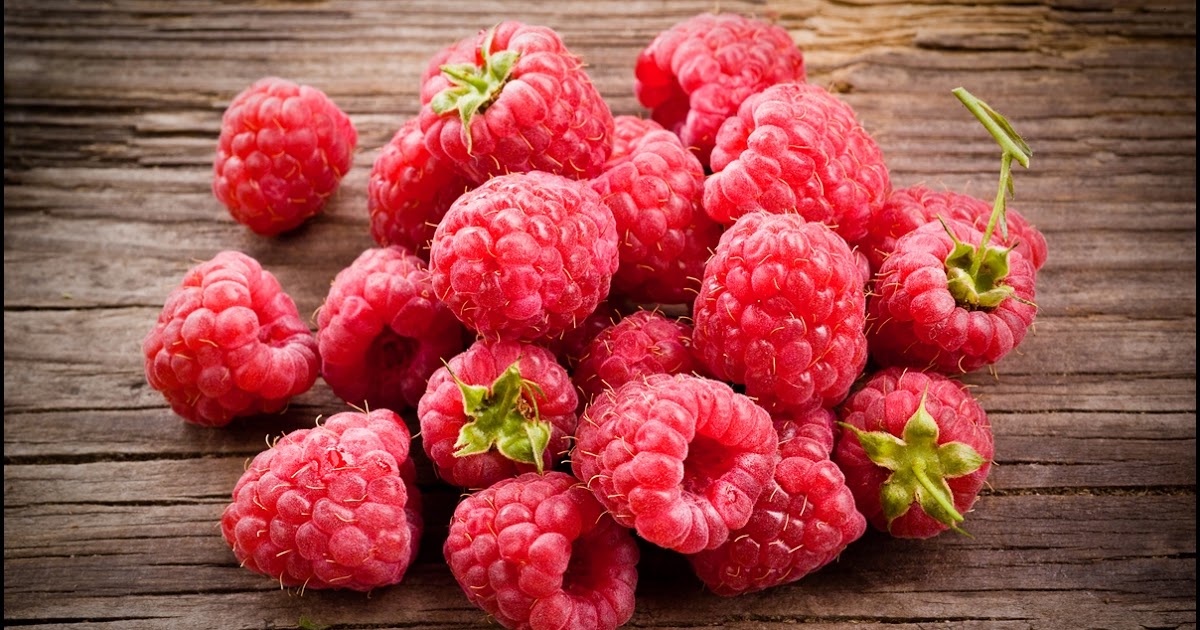Best High Fiber Fruits For Health
We all know fruits and vegetables are good for our health and hold a lot of nutritional value. Luckily, there are so many options for delicious high-fiber fruits everyone can easily add to their diet. Substituting or adding fruits to one's diet can greatly increase their overall nutrition intake. Packed full of numerous vitamins and minerals, particularly fiber, these excellent fruits can be added into any diet to improve overall health. Each of the following fruits has been proven to reduce the risks of many different diseases and improve heart health.
Ripe Avocados

Often considered a superfood, ripe avocados are widely known for their high nutritious value and health benefits. In fact, they contain over twenty vitamins and minerals per serving, including vitamin K, folate, vitamin C, potassium, vitamins B5 and B6, and vitamin E. They also contain more potassium than bananas, and their high potassium content leads to lower blood pressure and in turn, reduces the risk of heart attack, stroke, and kidney failure. With seventy-seven percent of their calories coming from fat, avocados are high in heart-healthy monosaturated fatty acids, and this in combination with them being low in carbohydrates makes them excellent for the ketogenic diet. The high fiber content of ripe avocados also makes them an important food for weight loss and overall metabolic health, allowing individuals to feel full longer while consuming fewer calories. They also have many powerful antioxidants and increase overall antioxidant absorption from other plant foods. These antioxidants can also reduce the risk of eye problems later in life, such as cataracts and macular degeneration.
Red Raspberries

As one of the world's most widely consumed berries, raspberries are known for being rich in lots of powerful antioxidants and providing numerous health benefits. These antioxidants fight against free radicals, inhibiting tumor growth and reducing inflammation and ultimately protecting against many types of cancer including lung, pancreatic, and colon cancer. The high content of fiber and water in red raspberries helps prevent constipation and support healthy digestion. In addition, raspberries are believed to decrease the risk of obesity, diabetes, heart disease, and overall mortality through increasing energy levels and lowering weight. Because of the high intake of anthocyanins from these berries, their consumption can reduce the risk of heart attacks by up to thirty-two percent in young and middle-aged women. Consumption of red raspberries is also proven to assist with memory improvement and decrease the overall decline in cognitive ability that comes with age. Raspberries can easily be eaten plain or added to other foods, making them an excellent addition to any diet.
